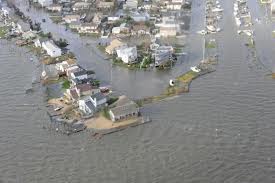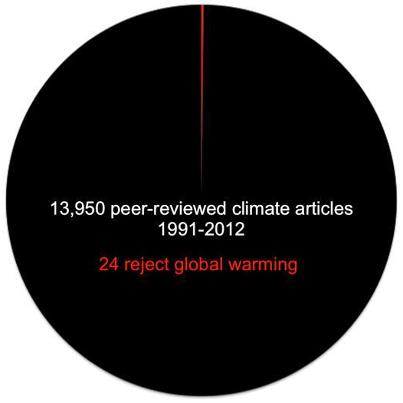A very good OpEd piece by climate scientist Todd Sanford goes over the current status of the climate challenge. Climate change is no longer just an abstract problem. It is having very real consequences in our daily lives, with a hefty price tag.
http://youtu.be/ku84UJFqKz0
This year’s summer heat waves were some of the hottest in our history. Longer, more intense heat waves are one of the clearest links scientists see between global warming and changes in weather.
If there were no climate change, we’d be just as likely to break record low temperatures as we are to break record highs. But the United States broke about 300,000 record highs but less than 150,000 record lows over a recent ten year time period. Over time, new heat records are further outpacing new cold records.
We also saw drought cover more than half the country, withering crops and decimating cattle herds. Scientists also see a clear link between climate change and increased drought in some regions. Consequently, farmers, ranchers and water managers can no longer count on “normal” precipitation patterns.
Finally, we saw Sandy, a storm with a price tag in the tens of billions of dollars. As our planet warms, ice on glaciers melts and the ocean heats and expands, making sea-levels rise. In New York City, water levels are 11 to 16 inches higher than they were a century ago, allowing Sandy to ride in on a super-high tide. Now every coastal storm has the potential to punch further inland and inundate more homes and businesses.

As climate change keeps striking closer to home (quite literally) for many people, denying it becomes harder. While it is easy to miss climate trends in the year to year noise, missing something like a hurricance in places not known exactly as hazardous for hurricanes (New Jersey? Vermont?) is quite harder. Yet denialism is matching reality.
The denialists are still parroting the malarkey that climate change is not established science, rather, just opinion of individual scientists. Of course, that is a lie.
Our own National Academy of Sciences, founded by Abraham Lincoln to inform policymakers about science, concluded that climate change is occurring, is caused largely by human activities, and poses significant risks for human and natural systems.
Nearly every national academy of science the world over and scores of scientific societies affirm these basic findings.

So what is the real reason for denying anthropogenic climate change if legitimate skepticism is not it? This is a complex question, and the answer includes a whole array of factors. This includes propoganda by the fossil fuel industry, economical and political ideologies, a general attitude of disdain and dismissal toward science (as much as everyone loves to enjoy its fruits), and the noise made by a handful of prominent scientists without either training or publications in the climate science area. And, last but not least, religion.
The question is, will we wise up to this problem and save ourselves in the limited time we have?
